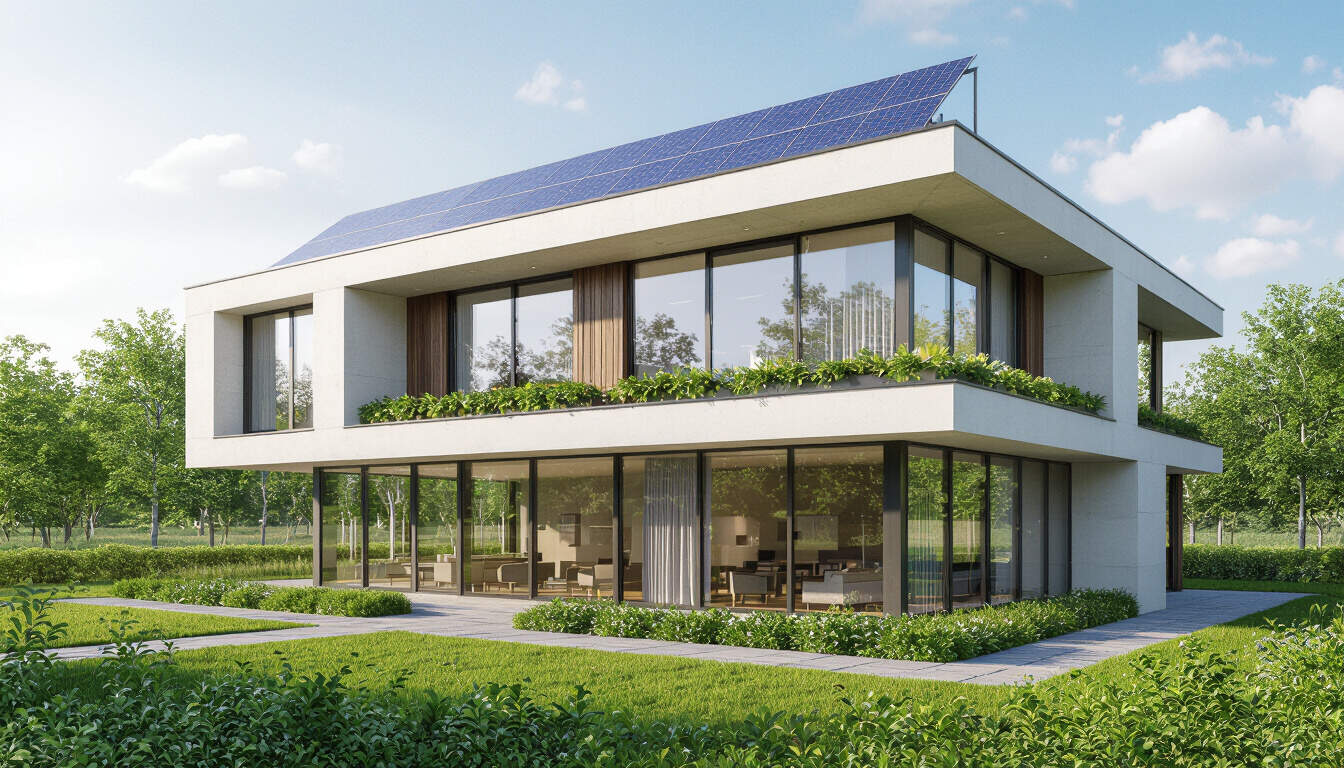Strategic Energy Budgeting for Sustainable Business Plans
 by Max Miller
by Max Miller
Businesses can achieve cost savings and environmental benefits by adopting sustainable energy plans. This article outlines key strategies for effective energy budgeting, including real-world examples and future trends in efficiency.

Sustainable business energy plans play a vital role in modern operations. These plans help companies reduce consumption while maintaining productivity. For instance, sustainable energy initiatives can lower operational costs over time.
Focusing on energy budgeting involves assessing current usage patterns. Companies often start by tracking electricity and fuel expenses. This process reveals areas for improvement. Effective budgeting requires setting clear goals, such as reducing waste in manufacturing.
One practical strategy is implementing energy audits. These evaluations identify inefficiencies in systems like lighting or heating. By prioritizing high-impact changes, businesses can allocate funds wisely. For example, upgrading to LED lights offers long-term savings.
Another approach is integrating renewable sources. Solar or wind energy can supplement traditional supplies. This shift not only cuts bills but also supports environmental goals. Energy efficiency in this context means optimizing resources without compromising output.
Case studies provide valuable insights. A manufacturing firm in Europe reduced its energy use by 20% through better budgeting. They invested in automated controls for machinery, leading to consistent savings. Similarly, a retail chain in North America adopted demand response programs. These programs adjust usage during peak hours, avoiding high charges.
Emerging trends offer new opportunities. Smart technology, such as IoT devices, monitors energy in real-time. This allows for immediate adjustments and better forecasting. For energy managers, these tools simplify decision-making.
Benefits of Sustainable Practices
Adopting these plans brings multiple advantages. First, cost reduction is evident. Businesses save on utilities and avoid penalties for excess consumption. Second, compliance with regulations becomes easier. Many regions now mandate efficiency standards.
Sustainability enthusiasts appreciate the broader impact. These efforts contribute to global efforts against climate change. For business professionals, the key is balancing short-term investments with long-term gains.
Implementing Strategies
To begin, companies should form a dedicated team. This group can oversee planning and execution. Steps include gathering data on current energy use. Then, develop a budget that incorporates efficiency measures.
Tools like software analytics aid in this process. They provide reports on consumption trends. Based on this, firms can set targets, such as a 10% reduction in the first year.
Challenges may arise, like initial costs for upgrades. However, incentives from governments can offset these. Tax credits for renewable installations make them more feasible.
In practice, a hospitality business improved its plans by retrofitting buildings. They used energy-efficient appliances, resulting in lower monthly expenses. This example highlights the potential for widespread application.
Future trends include advancements in storage solutions. Battery technology allows businesses to store excess energy from renewables. This ensures a steady supply during high-demand periods.
Overall, sustainable business energy plans foster resilience. They prepare companies for fluctuations in energy prices. By focusing on efficiency, organizations can enhance their competitive edge.
Conclusion
In summary, effective energy budgeting supports sustainable goals. Through practical strategies and real examples, businesses can achieve meaningful results. As trends evolve, staying informed will be essential for success.
